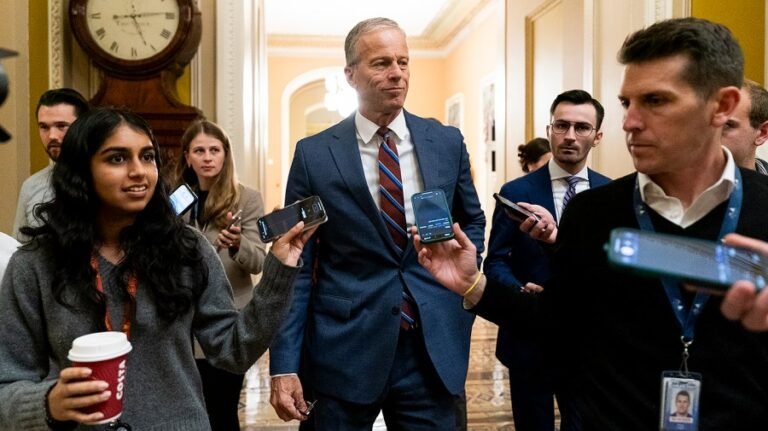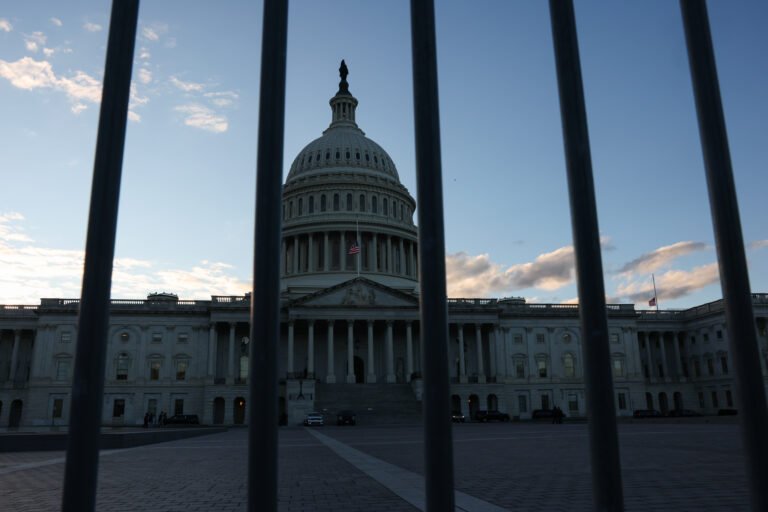
Imagine a family with 12 children. The parents decide fairness requires every act of help to be billed at full cost. Tying your brother’s shoe? That’ll be $2.50. Helping with algebra homework? $5.75. Folding laundry that isn’t yours? $3.25 per load.
Soon, the family has their fists full of invoices and spreadsheets, and they are waging a small war about who owes whom. They hire an accountant, then an auditor, then a collections analyst. Every good deed now requires a form. The kids spend more time billing each other than helping each other.
Ladies and gentlemen, this is how your federal government works.
We call it “reimbursable agreements.” When one agency helps another, it doesn’t just share the resource — it bills for it. If the Department of Agriculture borrows a statistician from the Department of Commerce, an interagency agreement is signed, funds are transferred, invoices tracked and audits scheduled — all to move taxpayer money from one government pocket to another.
The General Services Administration was supposed to simplify this world. Created to handle office space, supplies and fleet vehicles for everyone else, it has instead become the family’s overworked accountant — tracking who owes rent for buildings we already own, charging rent for desks that never move and sending monthly bills to agencies who, in turn, charge each other service fees to process the bills.
By conservative estimate, thousands of employees now spend their careers managing these transactions that cancel out in the Treasury’s books. They’re trapped in a system that rewards precision about meaningless nonsense. The result is a billion-dollar ecosystem of invoices with no public purpose.
Eliminating the General Services Administration wouldn’t close the office buildings or ground the car fleet — it would simply stop the pretense that agencies must charge rent for property taxpayers already bought. Imagine a single executive order: Share resources, no internal billing.
And then there’s the Government Publishing Office, a living fossil from another era. Established in 1861, it still prints mountains of documents most Americans will never see: bound budget justifications, environmental impact statements, legislative histories. In warehouses across the country, reports stack on pallets, shipped between agencies that already have digital copies online.
A single Government Publishing Office contract can run into the millions to print something fewer than 20 people will ever look at. The irony is exquisite: The agency responsible for publishing transparency is itself one of the least transparent about cost or relevance.
Abolishing the Government Publishing Office wouldn’t destroy access to information — it would enhance it. Every document it prints could just be digitally authenticated, instantly available and infinitely searchable for a fraction of the cost. The same transparency, minus the ink, trucks and 19th-century machinery.
The General Services Administration’s operating costs hover around $34 billion a year — money largely spent managing office space and billing other agencies for it.
Add the Government Publishing Office’s more than $135 million annual appropriation and the personnel hours every agency devotes to tracking, reconciling and auditing these internal transactions, and the total administrative burden easily approaches $40 billion a year in avoidable cost.
These two agencies illustrate a broader truth about bureaucracy: It accumulates, layer upon layer, like sedimentary rock. Each layer once served a purpose. But together, they have hardened into something geologic — a landscape of rules and reporting so thick that even the most dedicated public servants can’t dig through it.
Closing them would not shrink the government so much as liberate it. It would allow thousands of civil servants to return to actual public service rather than managing internal transactions or producing paper that no citizen will ever touch.
The problem isn’t government workers. It is the rituals we’ve built around them. The family can still help each other. They just need to stop sending bills.
Cheryl Kelley is a former senior government official with experience across five Cabinet agencies, including serving as director of planning, management and budget. She is an adjunct fellow at the Pell Center at Salve Regina University and the author of “An Informed Citizenry: How the Modern Federal Government Operates” and the novel “Radical, An American Love Story.”


